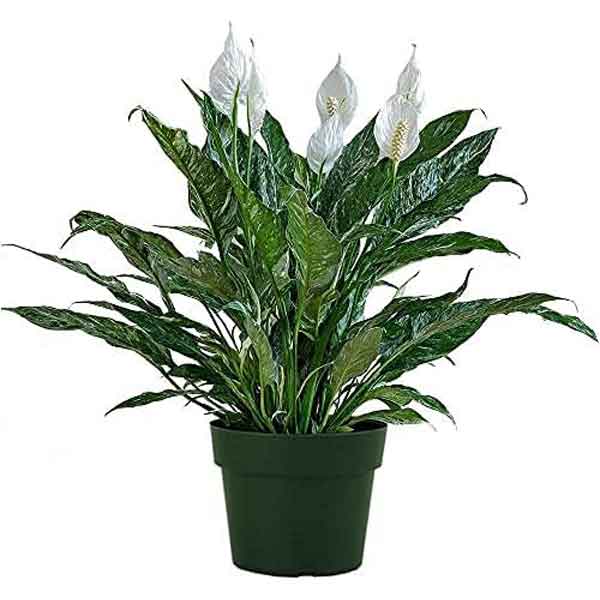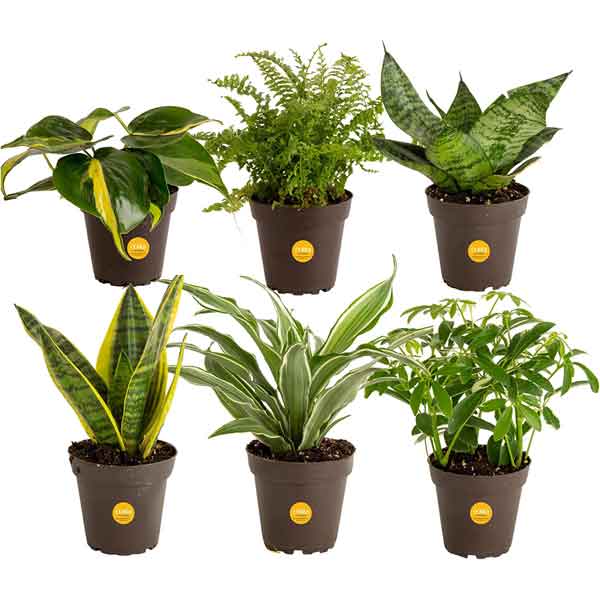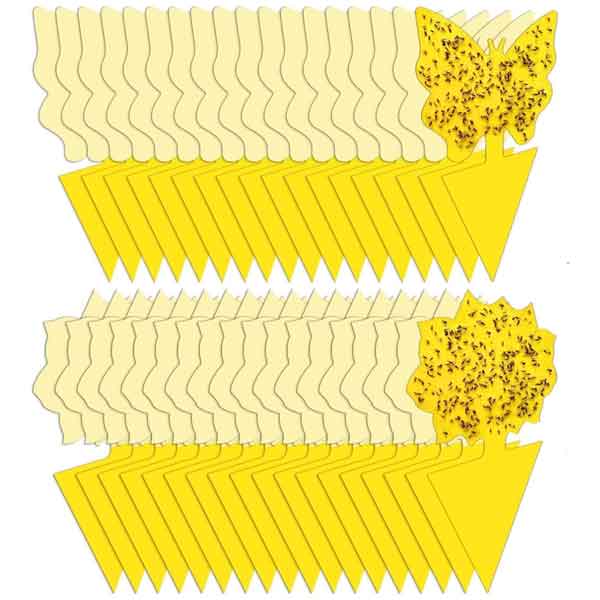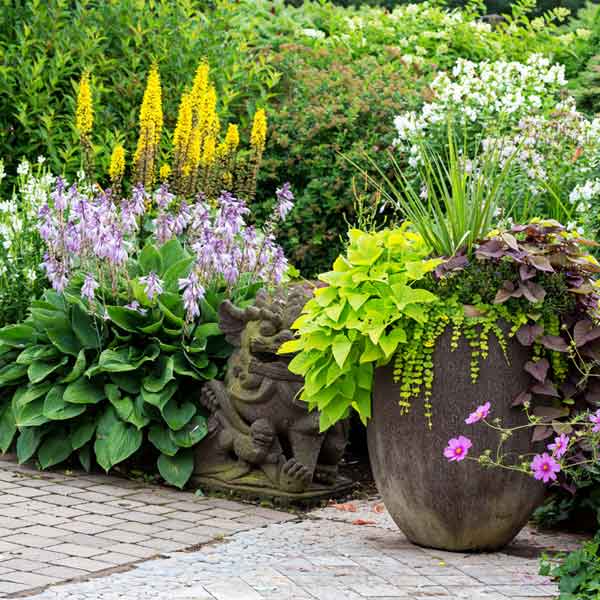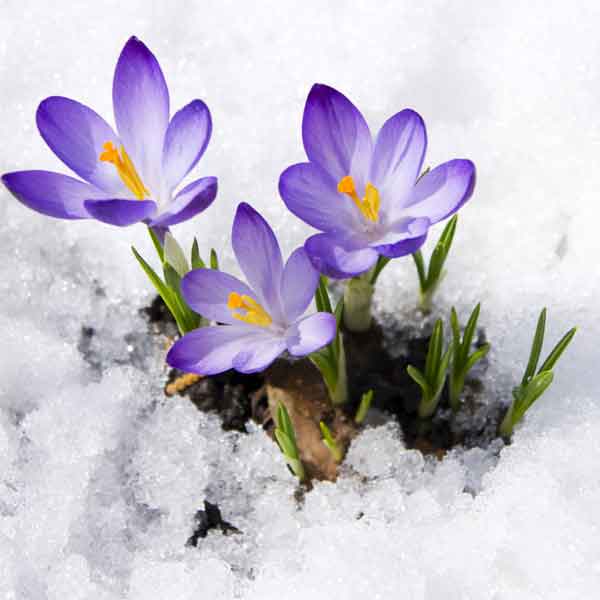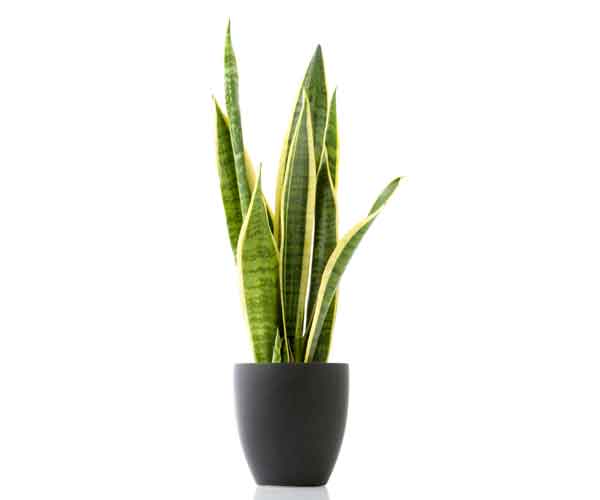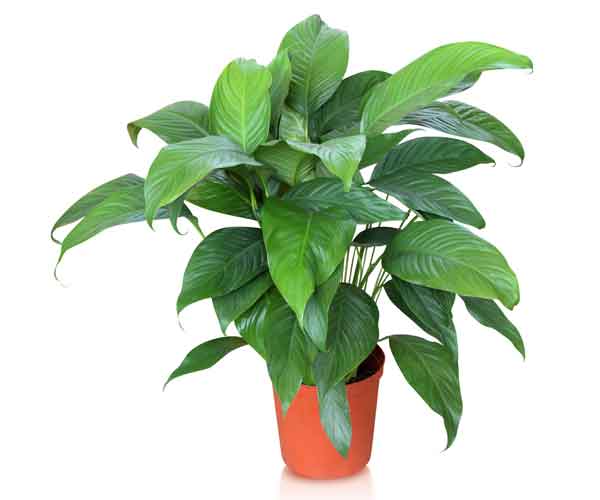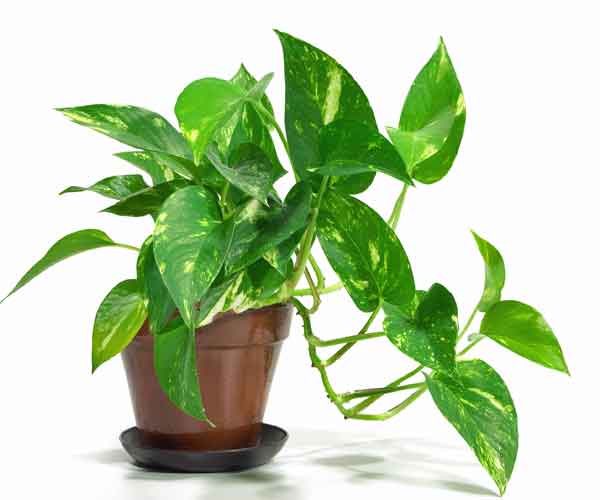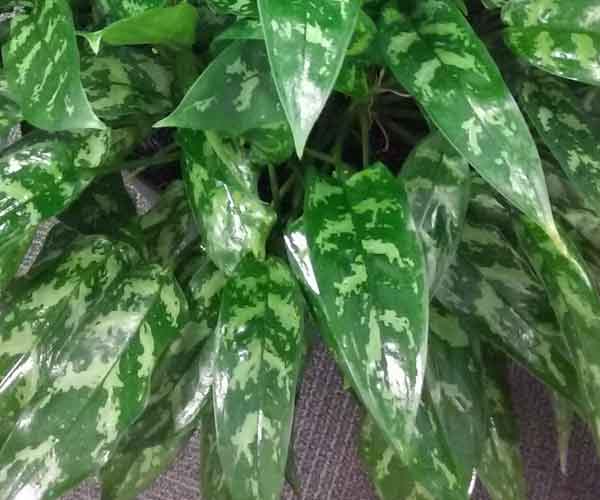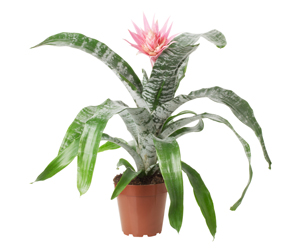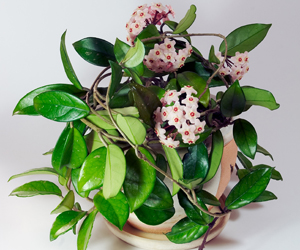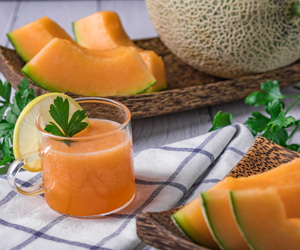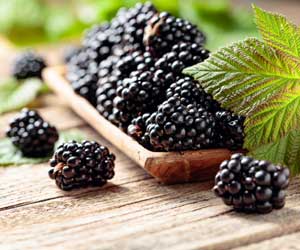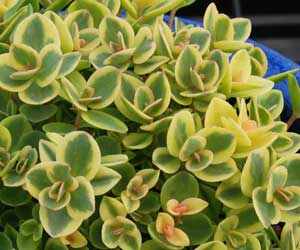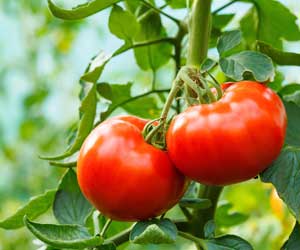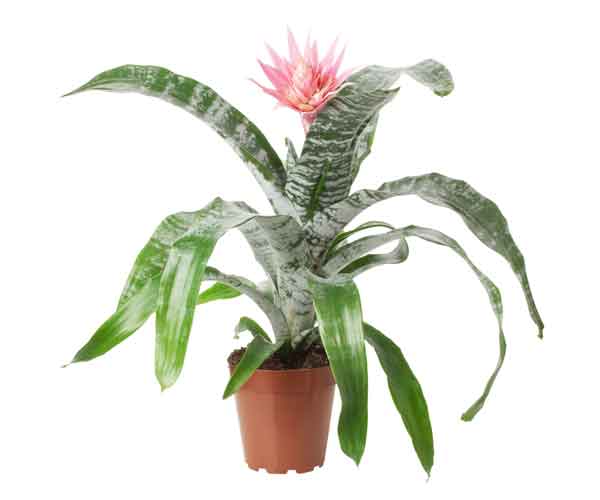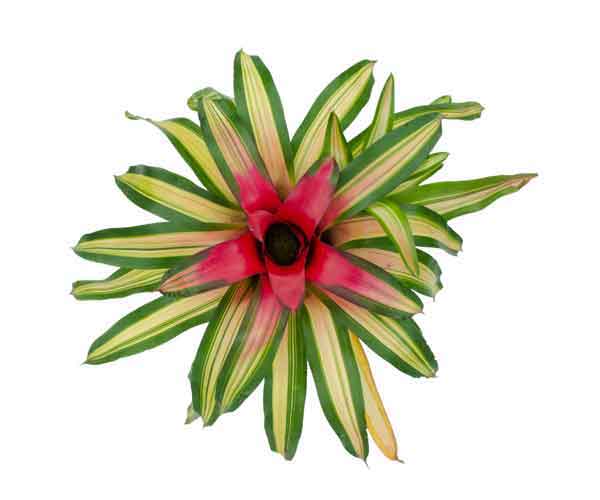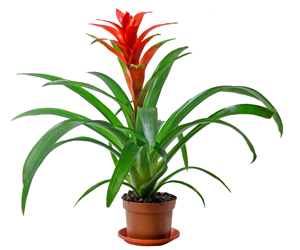Indoor Sansevieria Plant
Houseplant Care
How to care for Sansevieria indoor houseplants. Do you have a difficult time with your houseplants? Maybe you travel and don't have a lot of time for indoor plant care. The Sansevieria plant may be the plant for you. This indoor plant is great for a medium to high light situation and will do well with minimal attention. It is also known as a Mother-in-Law's Tongue plant or Snake Plant. It is sometimes spelled Sanseveria as the extra "i" is often left out.
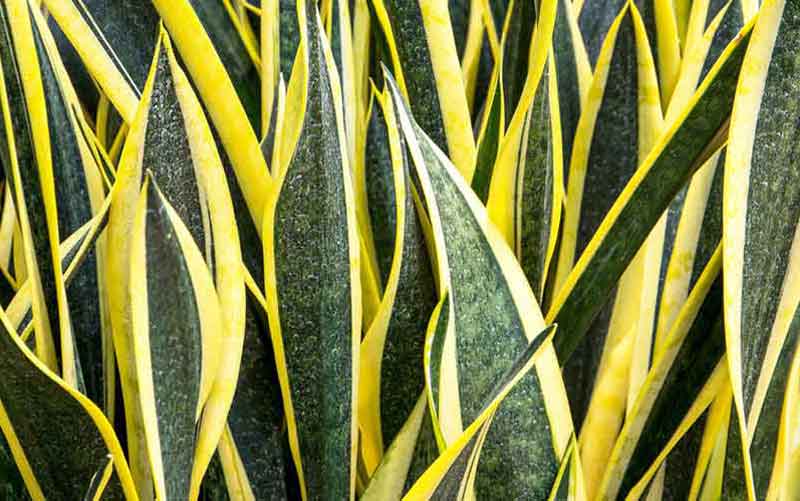
Sansevieria Plant Care
Sansevieria Plant can be found in different sizes and colors. Some are shorter, with a rosette type of growth such as the Sansevieria 'Hahnii'. Sansevieria 'Superba' is somewhat larger but with wider leaves than the taller varieties. The Sansevieria 'Laurentii' is the most common Sansevieria plant variety.
Sansevieria Plant can be found with pale silver-green foliage as with Sansevieria 'Moonshine'. The 'Black Gold' has a dark leaf center, almost black, with a gold leaf edge. The Sansevieria 'Zeylanica' is more of a light silver-green with darker cross-bands or mottling of the leaf.
There are a few varieties of Sansevieria plant that really look nothing like most of the more common types of Sansevieria plant. The Sansevieria Cylindrica is one of those and it is sometimes braided, making it a very unusual looking plant.
Sansevieria Plant is a durable plant and high light is best to keep the foliage full. It will survive in lower light provided it is allowed to dry. Temperatures need to be kept above 50°F. The Sanseveria Laurentii is the most common variety, with a broad, yellow edge on the thick, sword shaped leaves. The center of the leaf is cross-banded with pale markings.
Ads By Google
⚘ How This Website Started ⚘
Hi Plant and Flower People!
I started this website in 2012 while helping my younger brother through a fight with terminal cancer. Between shopping, cleaning, cooking, laundry, doctor/hospital visits, and other tasks to help him, I taught myself HTML/CSS and other skills used in creating a website. My brother had a very successful stock photography website himself and his advice to me was to make a website about something you know.
I had left a job in the interior landscape industry in 2012 (I have worked in the interior landscape industry since 1986) to go across the country to help him out. So that became the subject of this website, indoor house plant and flower care.
It costs money for hosting service, domain fees, etc. to keep websites running. That is why I have third party ads/Amazon products and other affiliate links on webpages. Please use them if they are helpful to you as I earn commissions/ad revenue through them and they help pay costs for hosting, domain name, etc.
If you need some help with the general care of your indoor plants and flowers, read about basic houseplant care. You can also email houseplant care questions or requests for help identifying your mysterious indoor plant!
Please also consider supporting this website with a donation, if you can. Any help is appreciated. Hope you find some helpful information here. Thank you and read on Plant People!
Sansevieria Plant Houseplant Care Question?
Sansevieria Plant houseplant care questions? You can send a houseplant question but before you do, please read this information on watering your indoor houseplants, how to help keep your houseplant's root system healthy, lighting for your houseplants, and basic houseplant care. These are most important for your houseplant's health and this is some of the information I will refer you to if you send an email.
Working in the interior landscape industry, I get a lot of questions from people about their personal house plants and how to keep their own indoor house plants growing and healthy. That is why I started this website, to help others learn how to care for their indoor plants and flowers. So please read on!
Sanseveria has upright growth and a shallow root system and is best kept somewhat pot bound. It has thick rhizomes that store water for a long time. While you may be able to keep a Sansevieria Plant that is in high-light slightly moist, in low light the roots will rot and the leaves will turn mushy and smelly. Always err on the side of less water with this plant.
Indoor Sansevieria Plant Care
How to Water
Sansevieria Plant has rhizomes that store water, so stay more to the dry side with this plant. In low to medium light, allow pot media to dry down completely. In higher lighting, allow to dry down at least 3/4 of the pot depth. You may need some type of soil probe or moisture meter in a really full plant to properly check for moisture in the soil.
Indoor Sansevieria Plant Care
Other Plant Care Tips
You might consider using a plant moisture meter which gives a basic reading of the moisture level in the soil. For a Sansevieria Plant, you should check to the bottom of the potting media and look for a reading of dry or close to dry. Here is a link for a plant moisture meter, if you are interested in trying this for your plant.
Please see pages on watering your indoor house plants and lighting for your indoor house plants. Proper light and watering are essential for your plant's best health.
Home Garden Plants Flowers
Amazon Affiliate Links - May Earn Commission - Thanks!
There are a few things to watch for with Sansevieria Plant. They are prone to scale and mealy bugs and if you notice these pests they should be wiped off immediately with a cloth or cotton dipped in rubbing alcohol. Also, be careful when you do water your Sansevieria Plant that you do not pour the water in the leaf rosette as it may cause them to rot, especially if located in lower light. Water the soil only and use room temperature water.
With the different growth types and unusual and beautiful colors, the Sansevieria has something for everyone who enjoys indoor tropical plants. And they are easy care, too! As I said, keep them pot bound, don't over water and place them in adequate light and they should be relatively trouble free.
The usual size of a Sansevieria Plant is about about 2-3 feet tall. I have seen them at a height of 5 feet or more. This was a Sansevieria Plant potted in a 14" diameter grow pot in a very good light situation. It is unusual to see them that size indoors but it is possible to grow your Sansevieria plant that large.
When your Sansevieria plant does become root bound you can remove it from the grow pot and divide the plant to make smaller individual plants. Make sure when you do divide your Sansevieria Plant, that you plant the smaller plants into pots that fit them. Remember, Sansevieria Plant is better pot bound. You can often place a cut leaf into moist sand or rooting media and get it to root and start a new plant that way. Have fun with your Sansevieria plant. Hope this has been helpful in the care of your Sansevieria plant and that all of your flowers and plants are healthy and growing! More flower and plant pictures, contact, and care information below...
Ads By Google
Plants & Flowers
Easy House Plants
Home Gardening
Bromeliad House Plants
Social Media Pages
Plants Flowers
on Twitter
Tweets by plantcare2
PFI Facebook Page
Home and Garden
Houseplant Care Question?
Questions about your indoor house plants or plant care problems? You can send a house plant question, free of charge, no sign ups, registration or log in required!
Before you send a houseplant care question, please be sure to read this information on watering your indoor house plants, how to help keep your your indoor house plants root system healthy and lighting for your indoor house plants and flowers. These are most important for the health of your house plants and this is some of the information I will refer you to if you send an indoor house plant or flower care question.
You can post comments, find answers to plant care questions, or share some of your own plant wisdom on our plant care Facebook Page, Twitter page or visit my plant care blog. You can also find plant pictures, gardening ideas, and more at our plant and flower Pinterest page.
Thanks for visiting and come back soon as houseplant care information, pictures and more are being added all of the time. I hope that your indoor tropical house plants and all of your plants and flowers are happy, green and growing because that is why I started this indoor house plant and flower care website, PlantAndFlowerInfo.com.
Common House Plants Flowers Care Guide
Indoor Plants Pictures Names ⚘ Best Indoor Plants ⚘ Adiantum Fern Care ⚘ Aechmea Bromeliad Plant ⚘ Aglaonema Plant Care ⚘ Aglaonema Maria Plant Care ⚘ Aglaonema Silver Queen Plant Care ⚘ Aglaonema Silver Bay Plant Care ⚘ Anthurium Plants ⚘ Aphelandra Plant ⚘ Arboricola Plant Care ⚘ Aspidistra Plant Care ⚘ Asplenium Nidus Plant Care ⚘ Basic Houseplant Care ⚘ Birds Nest Ferns Plant Care ⚘ Boston Ferns Plant Care ⚘ Botanical Calendars ⚘ Bromeliad Plants ⚘ Build A Greenhouse ⚘ Buy Greenhouse ⚘ Buy House Plants ⚘ Cast Iron Plant ⚘ Chinese Evergreen Plant Care ⚘ Chlorophytum Plant Care ⚘ Codiaeum Houseplant Care ⚘ Corn Plant Care ⚘ Croton Plant Care ⚘ Devil's Ivy Plants & Care ⚘ Dieffenbachia Plant Care ⚘ Dracaena House Plant Care ⚘ Dracaena Janet Craig Plant Care ⚘ Dracaena Marginata Plant Care ⚘ Dracaena Warneckii Plant Care ⚘ Dumb Cane Plant ⚘ English Ivy Hedera ⚘ Ferns Plant Care ⚘ Ficus Trees Plants ⚘ Fittonia Plant Care ⚘ Flower Calendars ⚘ Heart Leaf Philodendron ⚘ Hedera English Ivy ⚘ How to Care for Marble Queen Pothos ⚘ Hoya House Plants ⚘ Lady Palm Plant ⚘ Lucky Bamboo House Plant Care ⚘ Maidenhair Ferns ⚘ Marble Queen Pothos ⚘ Marginata ⚘ Money Tree Plant Care ⚘ Mother In Law Tongue Plant Care ⚘ Names Pictures of Plants ⚘ Nephthytis ⚘ Norfolk Island Pine ⚘ Orchid Flowers ⚘ Palm Plants ⚘ Peace Lily Care ⚘ Philodendron "Brasil" Plant Care ⚘ Philodendron Cordatum ⚘ Philodendron Silver Care ⚘ Plant Calendars ⚘ Poinsettia Plant Flower Care ⚘ Pothos Plant Care ⚘ Rhapis Palm Plant Care ⚘ Sansevieria Plant Care ⚘ Schefflera Plant Care ⚘ Self-Watering Planters ⚘ Care of Silver Bay Plant ⚘ Snake Plant Care ⚘ Spathiphyllum Care ⚘ Spider Plant Care ⚘ Care of Syngonium Plant ⚘ Succulent Plant Care ⚘ Warneckii Plant Care ⚘ Weeping Fig Tree ⚘ Zebra Plant ⚘ ZZ Plant House Plant Care ⚘ Plant Links
Other Plant Flower Links
Best Indoor Plants ⚘ Indoor House Plants Pictures Names ⚘ Water Indoor Plants ⚘ Lighting Indoor Plants ⚘ Bonsai Plants ⚘ Common House Plants ⚘ Indoor Palm Plant Care ⚘ Orchids ⚘ Pets & Plants ⚘ Buy Tropical Orchids Orchid Care ⚘ Plant Flower Gifts ⚘ Buy Plants Flowers ⚘ House Plant Guide ⚘ How To Books ⚘ Flowers Plants Poster Prints ⚘ Orchid Art & Posters ⚘ Gardening Calendars ⚘ Greenhouse Books-Gardening
